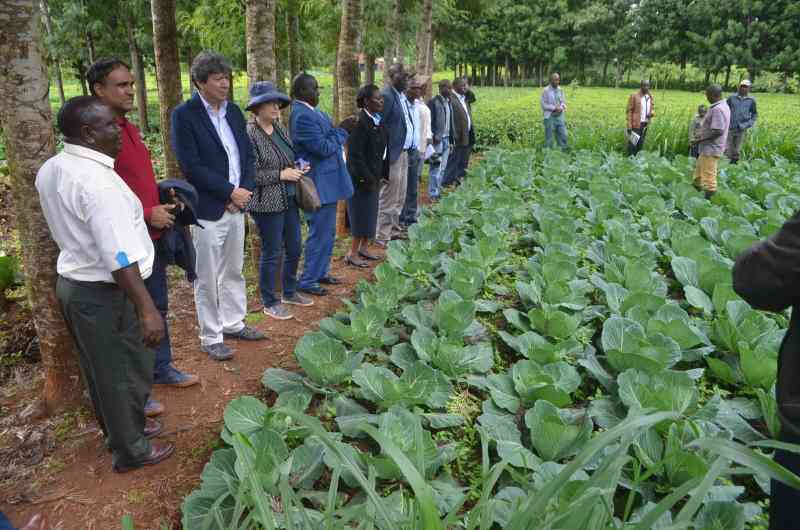×
The Standard e-Paper
Fearless, Trusted News

[Munene Kamau, Standard]
The government of Kenya and the International Agricultural Development Fund (IFAD), a specialized agency of the United Nations, has established a Sh19.7 billion ($134.05 million) fund aimed at improving access to finance for smallholder farmers.